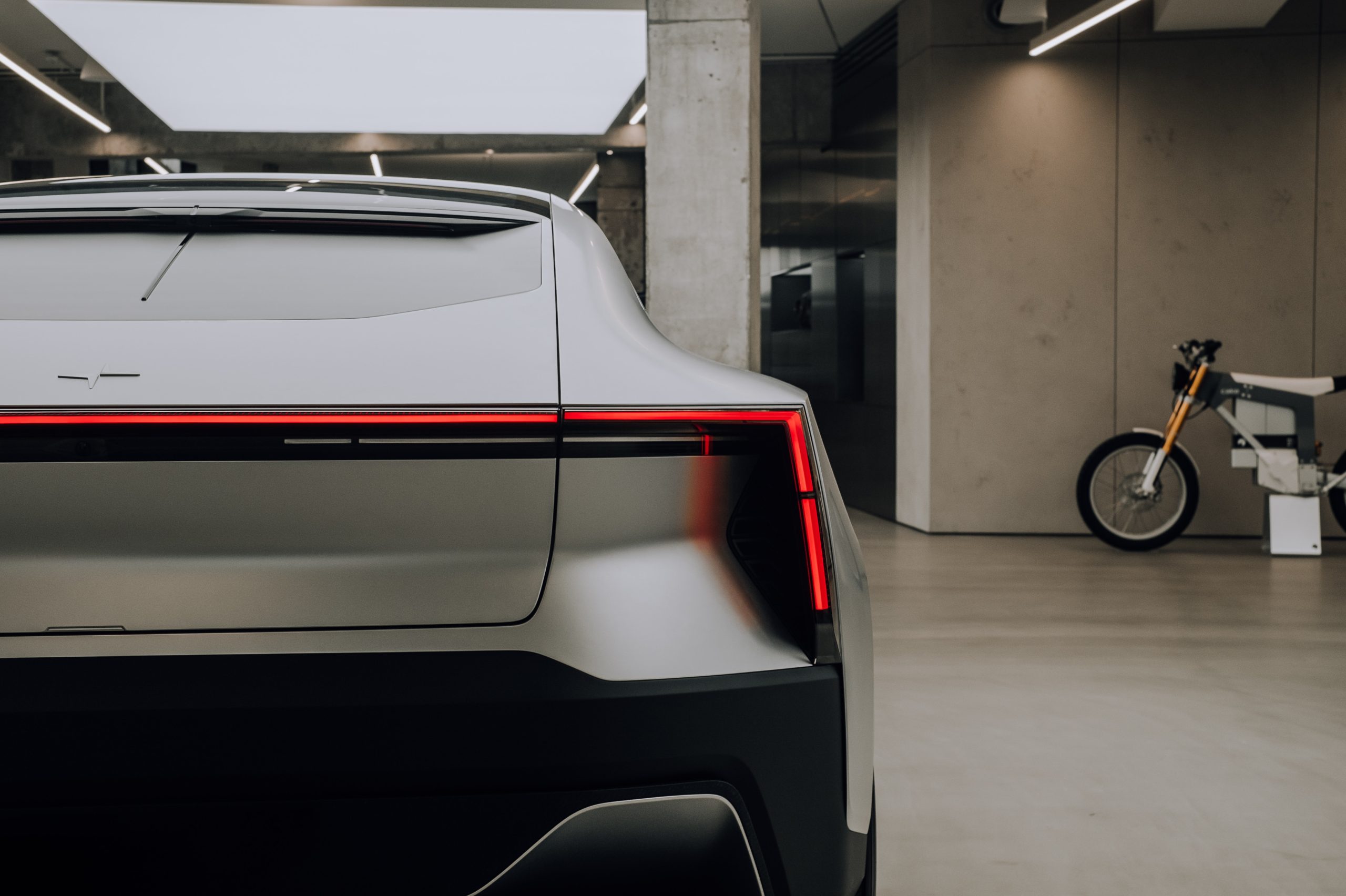There are several reasons why electric car adoption has been slow. First, electric cars are still relatively expensive compared to traditional cars. While the cost of batteries has come down in recent years, they still add a significant amount to the cost of an electric car. Additionally, electric cars require charging infrastructure, which can be costly to install and maintain. Many people also worry about the range of electric cars and the availability of charging stations, which can make them hesitant to switch from traditional vehicles.
Another issue with electric car adoption is the lack of education and awareness about the benefits of electric cars. Many people are still unaware of the advantages of electric cars, such as the lower operating costs and reduced environmental impact. Additionally, there is a lack of information about how to properly charge and maintain an electric car, which can make some people hesitant to make the switch.
However, despite these challenges, there are several reasons to be optimistic about the future of electric car adoption. One of the biggest drivers of electric car adoption is government incentives and regulations. Many governments around the world have implemented policies to encourage the adoption of electric cars, such as tax credits, rebates, and emissions regulations. These policies can make electric cars more affordable and accessible, which can help to drive adoption.
Another factor that could help to increase electric car adoption is the continued development of new technologies. As battery technology continues to improve, electric cars will become more affordable and have longer ranges, which could help to address some of the concerns that people have about electric cars. Additionally, the development of new charging technologies, such as wireless charging, could make charging electric cars more convenient and accessible.
Finally, there is a growing awareness and interest in environmental issues, which could help to drive electric car adoption. As people become more concerned about the impact of traditional vehicles on the environment, they may be more likely to consider electric cars as a viable alternative.
In conclusion, while the adoption of electric cars has been slow, there are several reasons to be optimistic about the future. As governments continue to incentivize electric car adoption and new technologies are developed, electric cars will become more affordable, accessible, and convenient. Additionally, as awareness and concern about the environment grows, more people may consider electric cars as a viable alternative to traditional vehicles. While it may take time for electric cars to become the norm, patience and continued efforts to educate and incentivize consumers could help to accelerate their adoption.




